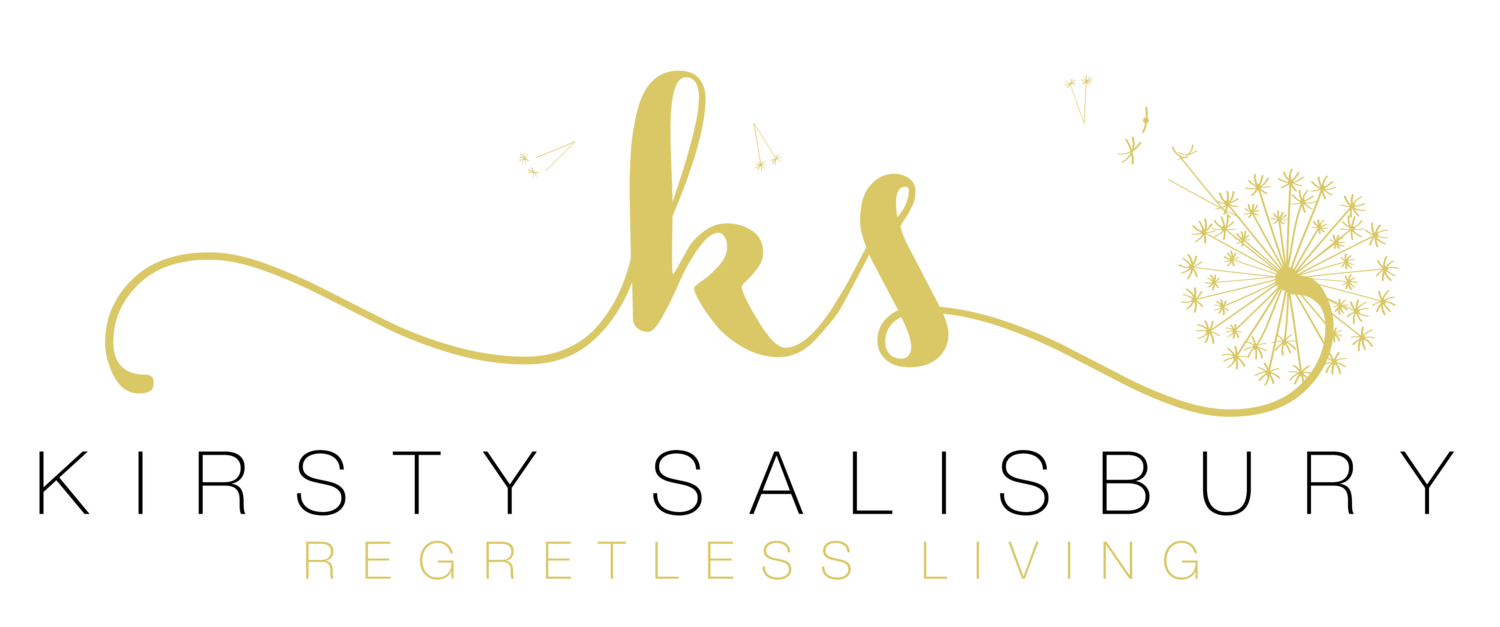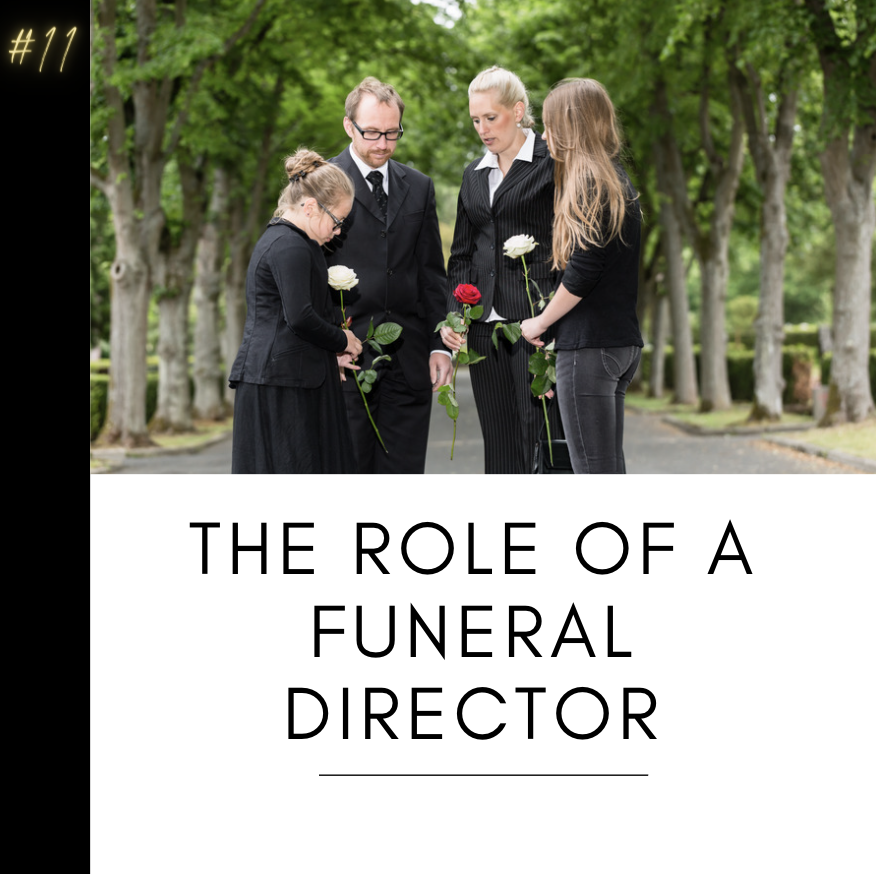The Role of a Funeral Director
The Role of a Funeral Director
Whilst traditionally we might have thought of a Funeral Director (FD) as a solemn older man in a suit, today Funeral Directors come from all different walks of life to play a very important role in after death care. At the time of writing this, around 40% of the funeral directors in New Zealand are women, many of whom are in the mid life age group, however more and more funeral directors are stepping into this work in the 18-30 age group, both male and female.
While no formal qualifications are required to work as a funeral director in New Zealand, completing a NZ Diploma in Funeral Directing is recommended. To be accepted, applicants need to have completed a year’s work in a funeral home.
So What do Funeral Directors Do?
If you’ve ever experienced the loss of a loved one, you’ll know that it can be a disorienting experience. The rollercoaster of emotions it takes us on can be exhausting and everyday tasks can seem extremely difficult.
Funeral arrangements can take a lot of time and organizing and are often burdensome for the bereaved. This is where the funeral director comes in. They’re on hand to help with making funeral arrangements as laid out in the will or help with the planning if no such arrangements are in place.
Funeral directors are also there to provide emotional support and counsel bereaved families. In this capacity, they’ll often coordinate with a Celebrant or Doula. (Refer to our previous post on End of Life Doulas for more about their work).
One of the most important roles of a Funeral Director is to complete the legal paperwork relevant to the deceased and their last wishes. Funeral Directors are also responsible for handling the remains of the departed. That includes embalming, cremation, burial, and sometimes shipment of the body.
On the day of the funeral, the director will prepare the venue where the service is to be held. They’ll usher the attendants, organize the pallbearers, and manage the general flow of the funeral. If you play a part in the proceedings, the funeral director will ensure you know what to do and when to do it.
As varied as the job can be, the overarching goal of any funeral director is to help friends and family remember the deceased and help guide them through the grieving process.
For those who pursue it, funeral directing can be a richly rewarding career as they provide comfort and support during one of life’s most significant events.
People who are drawn to this field typically long to help people and are likely to have a lot of compassion, empathy, and resilience. Often people working in the funeral industry will have their own stories of loss and grief, however the above qualities are much more important.






